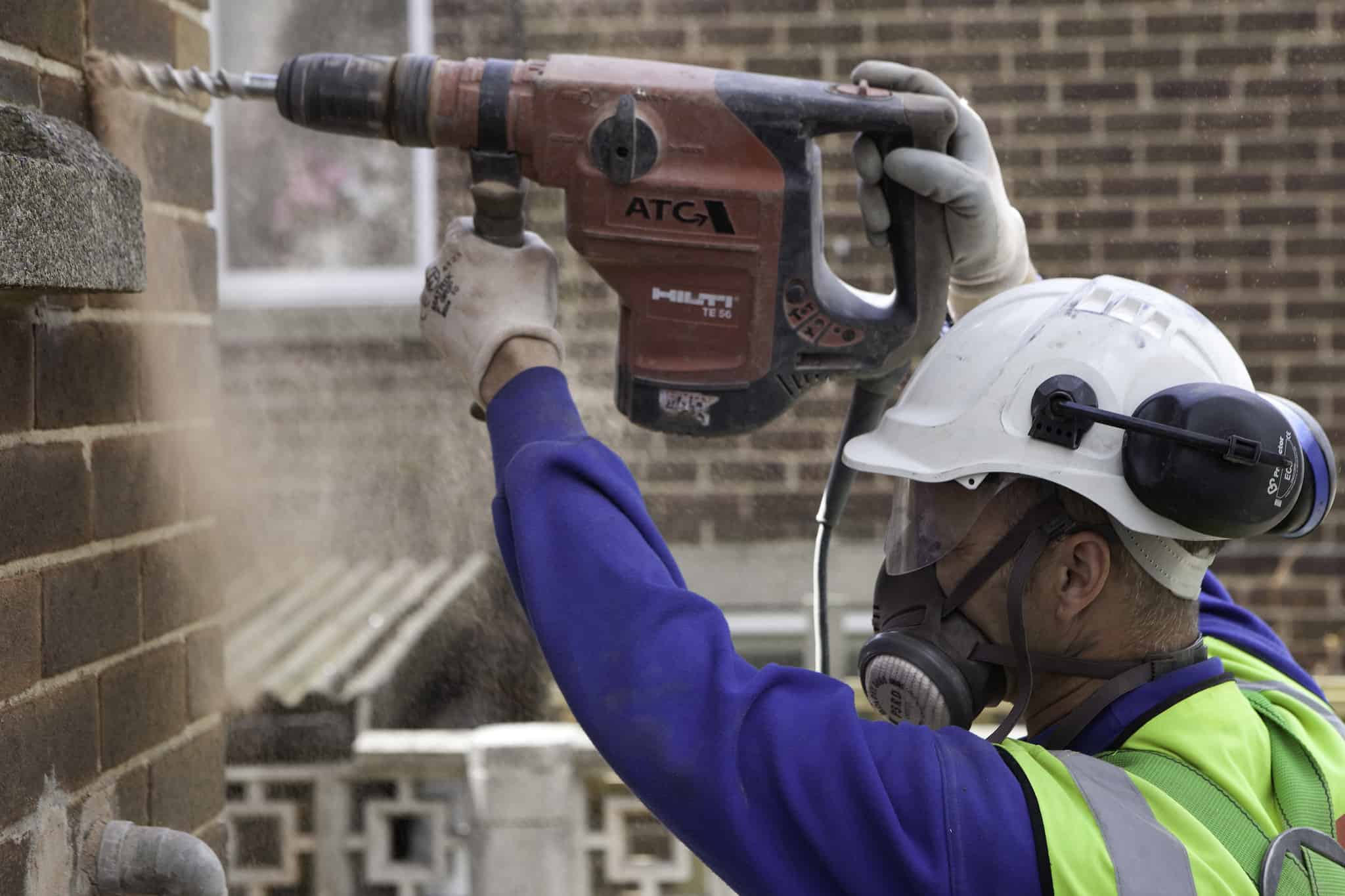In 2019/20, councils in England alone spent £63billion with external suppliers. This huge spend comes with a significant carbon impact. Council spend on highways, transport and buildings – big sources of emissions across the UK – was almost £23bn.
As authorities work to lower their emissions, in line with ambitious net-zero plans and climate emergency declarations, smarter procurement and commissioning offers great opportunities for carbon reduction. However, councils face significant barriers, from measuring outcomes to working with a diverse range of suppliers and partners.
Authorities have shared their experience of tackling sustainable procurement at the first meeting of Ashden’s North East England Local Authority Hub – part of a wider initiative bringing councils together to share best practice. The event also explored pioneering work and strategies for change.
Low carbon procurement: the challenges
Short-term attitudes
After more than a decade of austerity-driven policies, seeking the lowest possible price is often the reflex guiding procurement within councils. But a more long-term view is needed to enable sustainable procurement. Refocusing on ‘whole-life costs’ instead can help win over council decision makers, life vehicle fleet managers.
Knowledge and tools
Ultimately, sustainable procurement at any authority needs to become ‘everybody’s business’, and firmly embedded in day-to-day activities. When procurement teams are invited into projects at the earliest possible stage, they can deliver maximum impact – lowering costs and carbon.
When it comes to upskilling staff, resources like the Carbon Literacy Project’s toolkit for local authorities can be extremely useful. But measuring the carbon impact of procurement changes remains difficult. Councils suggested action to develop a national framework for measuring carbon emissions.
Supporting local businesses
With many businesses badly affected by coronavirus, it is a difficult time to be asking suppliers to cut carbon. Proactive communication about the issue is essential – councils reported that while large companies in sectors such as construction often understood the need, and good connections were possible with small local businesses, reaching mid-sized enterprises was often challenging.
Councils requested more help from other organisations – from local chambers of commerce and enterprise partnerships to the Confederation of British Industry and UK Government. And they noted that when councils can help suppliers reduce their carbon footprint, this creates a positive ripple effect through the suppliers’ other business relationships.
Green procurement solutions
Some authorities have already taken impressive steps towards procurement. These can be based on the principles of a ‘circular economy’ – reusing and recycling to limit the amount of buying needed.
Dundee City Council made significant cash and carbon savings by joining the Warp It reuse network. This helped council staff find new homes within the authority for unwanted furniture, electronics, stationary, and other goods – and to share items with universities, NHS organisations, local charities and others.
The project created total savings of over £100,000 in its first six months. 70 tonnes of supply chain carbon was avoided, and 20 tonnes of waste diverted from landfill. Using the same system for two and half years, Sunderland City Council has saved £400,000 and avoided 150 tonnes of supply chain emissions.
There’s further practical advice for councils in our guest blog from Philip Duddell of Sustainable Procurement Limited, which covers strategies for prioritisation, the social impacts of greener procurement and much more.

